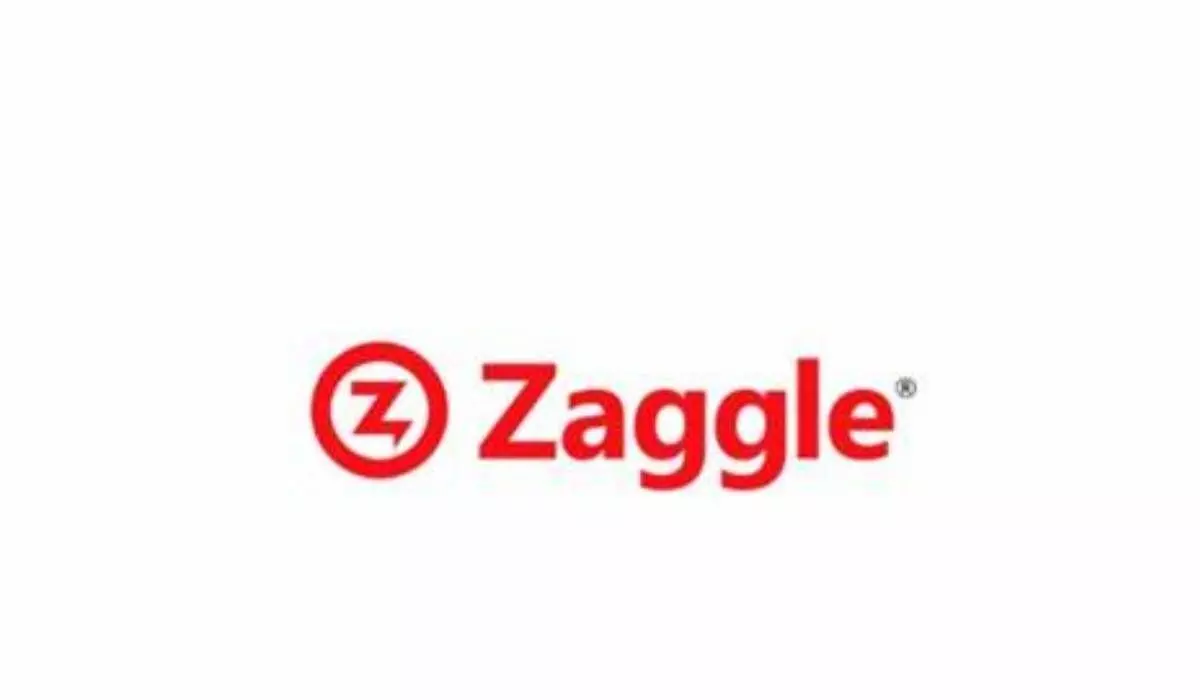Zaggle launches expense automation platform for biz
B2B SaaS fintech Zaggle on Tuesday launched XPNS, India’s first do-it-yourself (DIY) SaaS-based employee expense automation platform. XPNS helps growing businesses optimise expense processing costs, improve cash flow planning, and drives bottom-line saving.
image for illustrative purpose

Hyderabad B2B SaaS fintech Zaggle on Tuesday launched XPNS, India’s first do-it-yourself (DIY) SaaS-based employee expense automation platform. XPNS helps growing businesses optimise expense processing costs, improve cash flow planning, and drives bottom-line saving.
With a self-service interface, XPNS allows businesses to migrate from manual to a fully automated expense workflow in less than 30 minutes, reducing the time and cost of managing expenses by 75 per cent.
Raj N, Chairman and Founder, Zaggle, said: “Do-it-yourself applications have transformed the consumer payments space and our customers, especially tech-savvy businesses, expect similar intuitive consumer-grade solutions to manage business payments. With XPNS, we want to provide the most intuitive expense processing solution to streamline expenses, strengthen financial controls, and achieve a healthy bottom line.”
Raj further said the platform combines the power of the core expense management software with XPNS prepaid cards. Businesses can issue and manage cards directly from the system and define spending limits, to manage budgets and minimise the incidence of fraud and overspending.
90 per cent of businesses continue to use expensive and time-consuming manual methods, spending up to 10 hours each month and over USD 5 per receipt to process expenses, Avinash Godkhindi, MD and CEO, Zaggle said. “Businesses are caught between either traditional manual methods or automation solutions primarily designed for large-scale enterprises with complex functional requirements and integrations that are ill-suited to their needs. With XPNS, our primary focus is to empower growing businesses with solutions that deliver speed and simplicity.”

